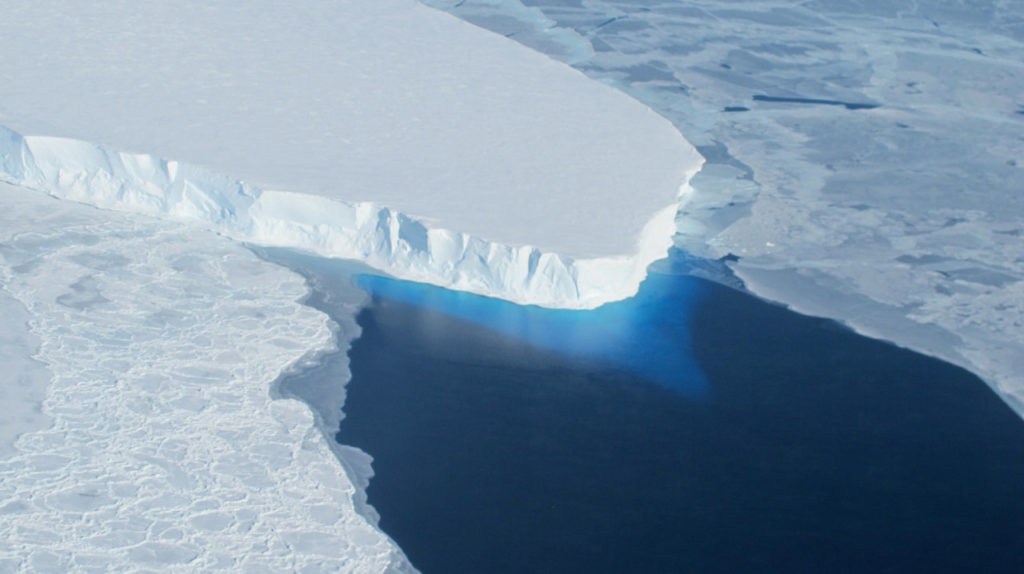An acceleration in the rate that sea levels are rising, highlighted in the latest special report by the Intergovernmental Panel on Climate Change, poses a threat to the Belgian coast, warns Belgian branch of the World Wide Fund for Nature.
The Special Report by the Intergovernmental Panel on Climate Change (IPCC) on the Ocean and Cryosphere in a Changing Climate released on Wednesday explains that the rise of sea levels has accelerated in recent decades due to the melting of ice in Greenland and in Antarctica, as well as the melting of glaciers.
Sea levels rose by an average of 3.6 mm per year from 2006 to 2015, while over the entire twentieth-century sea levels rose by 15 cm, the report explained. Even if greenhouse gases are significantly reduced and global warming is limited to below 2°C, sea levels could rise by between 30 and 60 centimetres by 2100.
"As a coastal country, Belgium is very vulnerable,” said the Belgian branch of the World Wide Fund for Nature (WWF) in a press release. “With the rise of sea levels, the coastal ecosystem will be caught between increasing erosion on the seaside and urbanisation on the land side," added the WWF-Belgium.
"Belgium must intensify its efforts to combat climate change and increase the coast's resilience against the acceleration of rising sea-levels. We need to restore our natural coastal defence," said Ocean Policy Officer at WWF-Belgium, Sarah Vanden Eede.
One billion people living in low-lying coastal areas will be at risk by 2050, WWF-Belgium explains, emphasising the need to significantly reduce greenhouse gas emissions and focus on adaptation to climate change.
"When ecosystems are protected and restored, they can continue to support human livelihoods and well-being, while helping to mitigate climate-related risks," added the statement.
"If we significantly reduce emissions, the consequences for people and their livelihoods will always be a challenge but potentially more manageable for the most vulnerable," said the Chair of the IPCC, Hoesung Lee.
Evie McCullough
The Brussels Times

